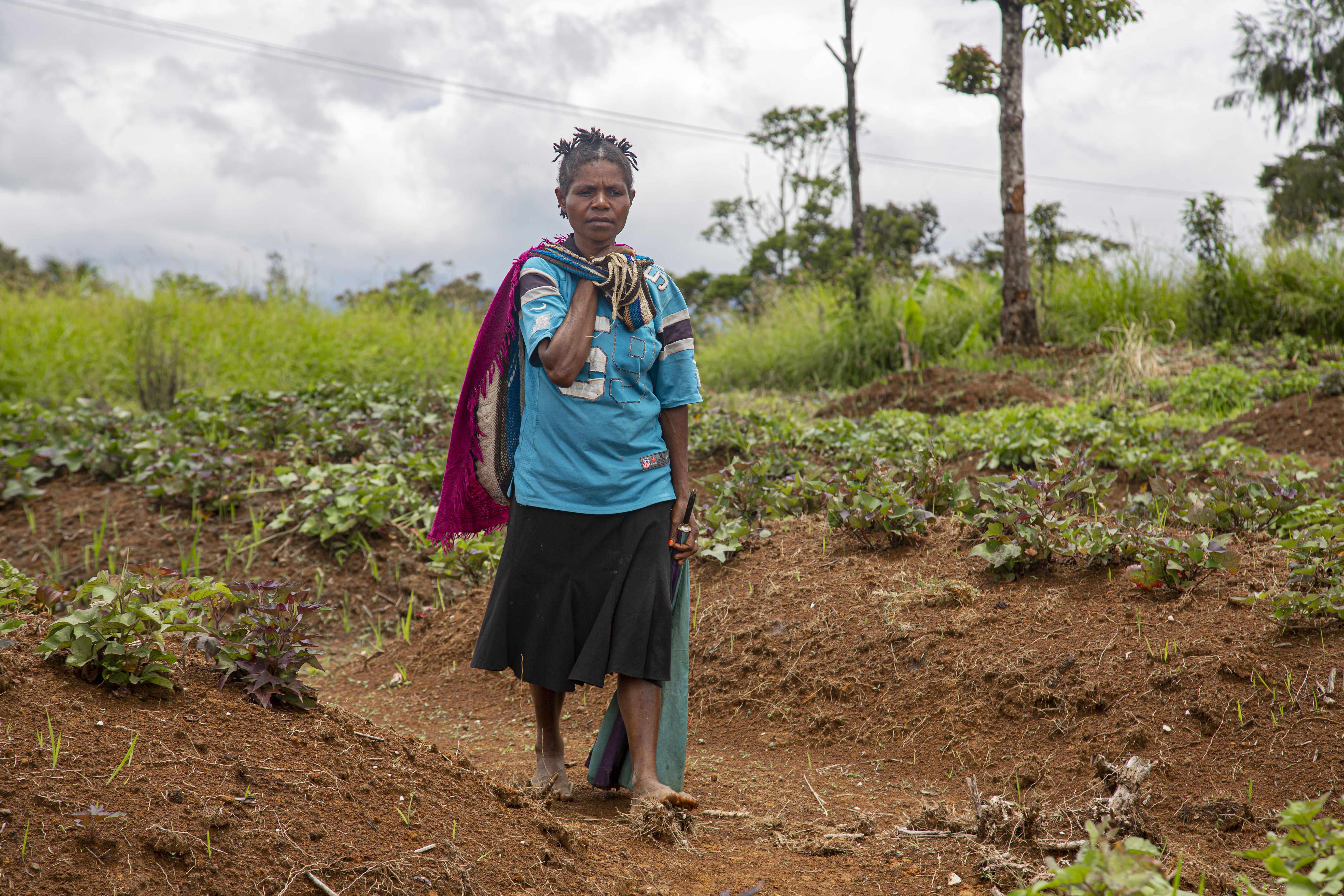According to a new report released today by the United Nations Development Programme (UNDP), uneven development progress is leaving the poorest behind, exacerbating inequality, and stoking political polarization on a global scale.
Rich countries attain record human development, while half of the poorest have gone backwards, finds new UNDP report
March 15, 2024

According to the report, Papua New Guinea currently ranks 154th out of 193 countries by its HDI value, which places it in the category of countries with medium human development.
The 2023/24 Human Development Report, titled “Breaking the Gridlock: Reimagining cooperation in a polarized world", reveals a troubling trend: the rebound in the global Human Development Index (HDI) – a summary measure reflecting a country’s Gross National Income (GNI) per capita, education levels, and life expectancy – has been partial, incomplete, and unequal since the onset of the COVID-19 pandemic in 2020.
As rich countries experience record-high levels of human development, half of the world’s poorest countries remain below their pre-crisis level of progress. While countries in the Pacific, including Papua New Guinea, showed some resilience by rebounding above their 2019 values, health, education and inequality remain major concerns in the region.
According to the report, Papua New Guinea currently ranks 154th out of 193 countries by its HDI value, which places it in the category of countries with medium human development. This is marginal improvement to 2021, when the country was ranked 157th.

Despite the setbacks caused by the COVID-19 pandemic, Papua New Guinea's human development has rebounded above the level it was in 2019.
However, the country’s life expectancy rates, which stand at 69 years for women and 63 years for men, are both below average for medium human development countries. The same applies to levels of educational attainment, with the average Papua New Guinean male only completing around 6 years of schooling and the average female only 4 years.
In more positive news, Papua New Guinea’s ranking in the UNDP Gender Inequality Index (GII) went up from 159th out of 160 countries in 2021 to 151st out of 166 in 2022. But this is only a return to the previous level of 2016, which this shows how quickly gains in gender equality can be reversed. Strong and sustained political will coupled with much greater resources will be needed to achieve real long-term positive change.
“The widening human development gap revealed by the report shows that the two-decade trend of steadily reducing inequalities between wealthy and poor nations is now in reverse. This gridlock carries a significant human toll. The failure of collective action to advance action on climate change, digitalization, and poverty and inequality not only hinders human development, but also worsens polarization and further erodes trust in people and institutions worldwide,” stated Achim Steiner, the head of UNDP on the findings of the report.

After suffering massive setbacks in gender inequality in recent years, Papua New Guinea's rating in the UNDP Gender Inequality Index returned to the level it was in 2016.
The report argues that advancing international collective action is hindered by an emerging ‘democracy paradox’: while 9 in 10 people worldwide endorse democracy, over half of global survey respondents express support for leaders that may undermine it by bypassing fundamental rules of the democratic process.
Furthermore, half of people surveyed worldwide report having no or limited control over their lives, while over two-thirds believe they have little influence on their government’s decisions. According to the authors, this sense of powerlessness is fueling inward-turning policy approaches, which are starkly at odds with the global cooperation needed to address urgent issues like climate change, misuse of digital technologies, and conflict.
The report highlights that deglobalization is neither feasible nor realistic in today’s world where economic interdependence remains high. It points out that no region, including Asia and the Pacific, is close to self-sufficiency, as all of them rely on imports from other regions to a significant degree. Instead, the report calls for the provision of global public goods to address increasing inequalities and other collective challenges.
“This report highlights a variety of concerning global trends, the impacts of which have also been felt in Papua New Guinea in recent years. We have witnessed how global economic shocks and the impacts of climate change have played their part in rising inequalities in the country and contributed to increasing public discontent, intercommunal violence and other harmful phenomena for the country’s sustainable development. As a carbon-neutral and mega-biodiverse nation, Papua New Guinea has a great role to play in saving the planet. It is ultimately only through increased regional and global cooperation that we can access the climate finance needed to conserve its extraordinary natural resources,” UNDP Resident Representative in Papua New Guinea, Mr. Nicholas Booth stated on the findings of the report.
To view the full report, visit https://hdr.undp.org/human-development-report-2023-24

 Locations
Locations



